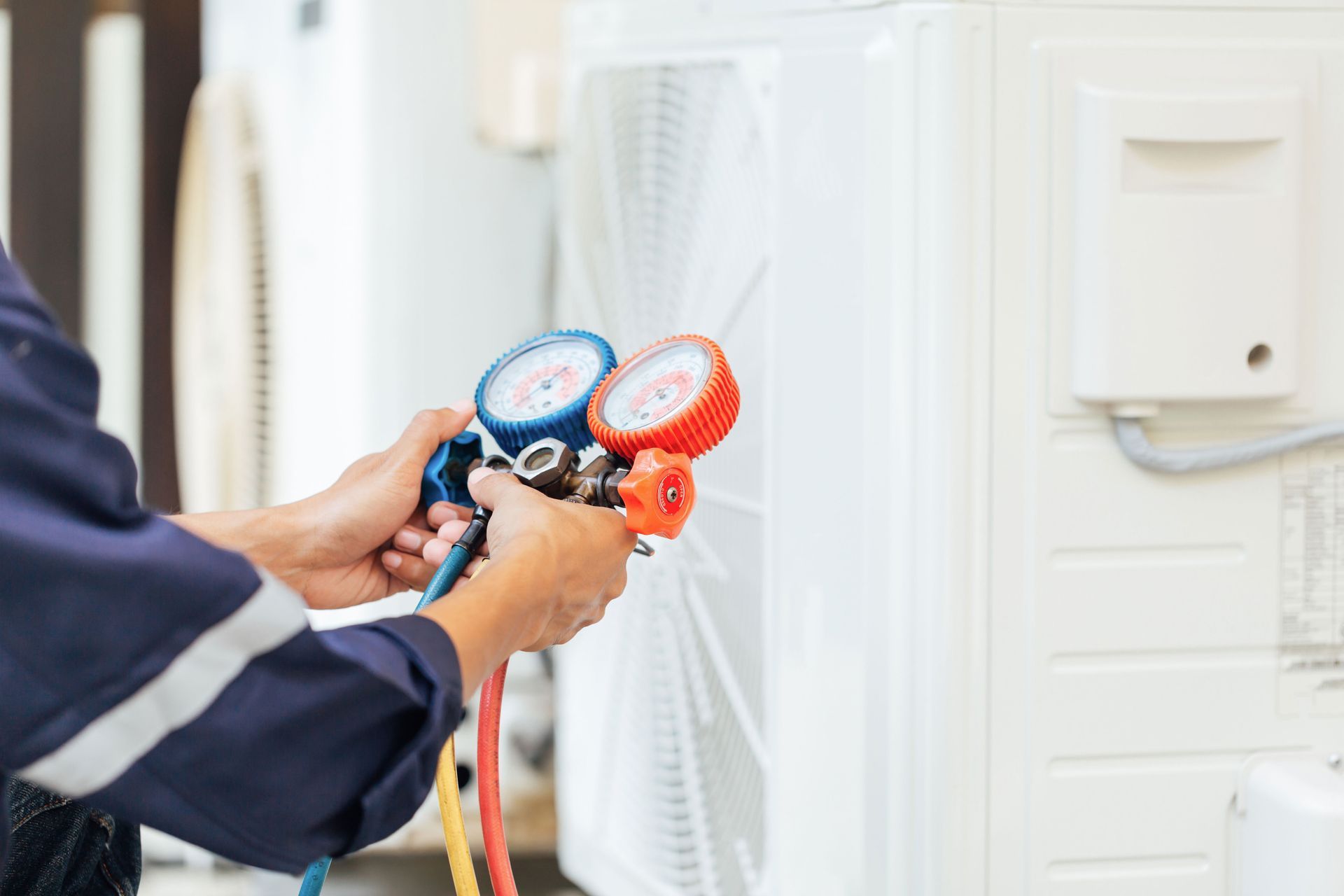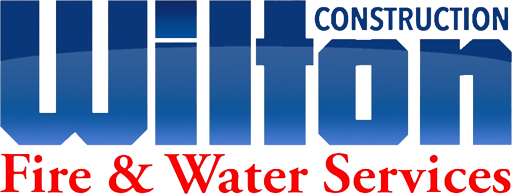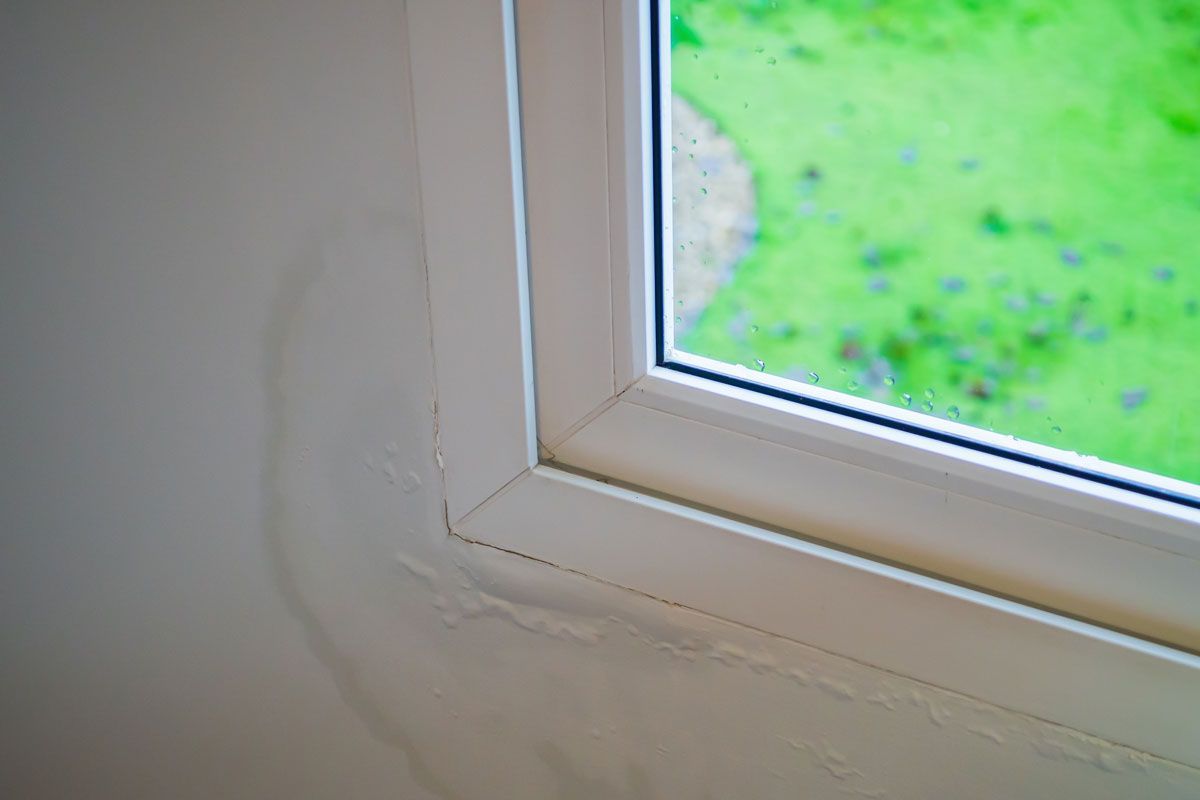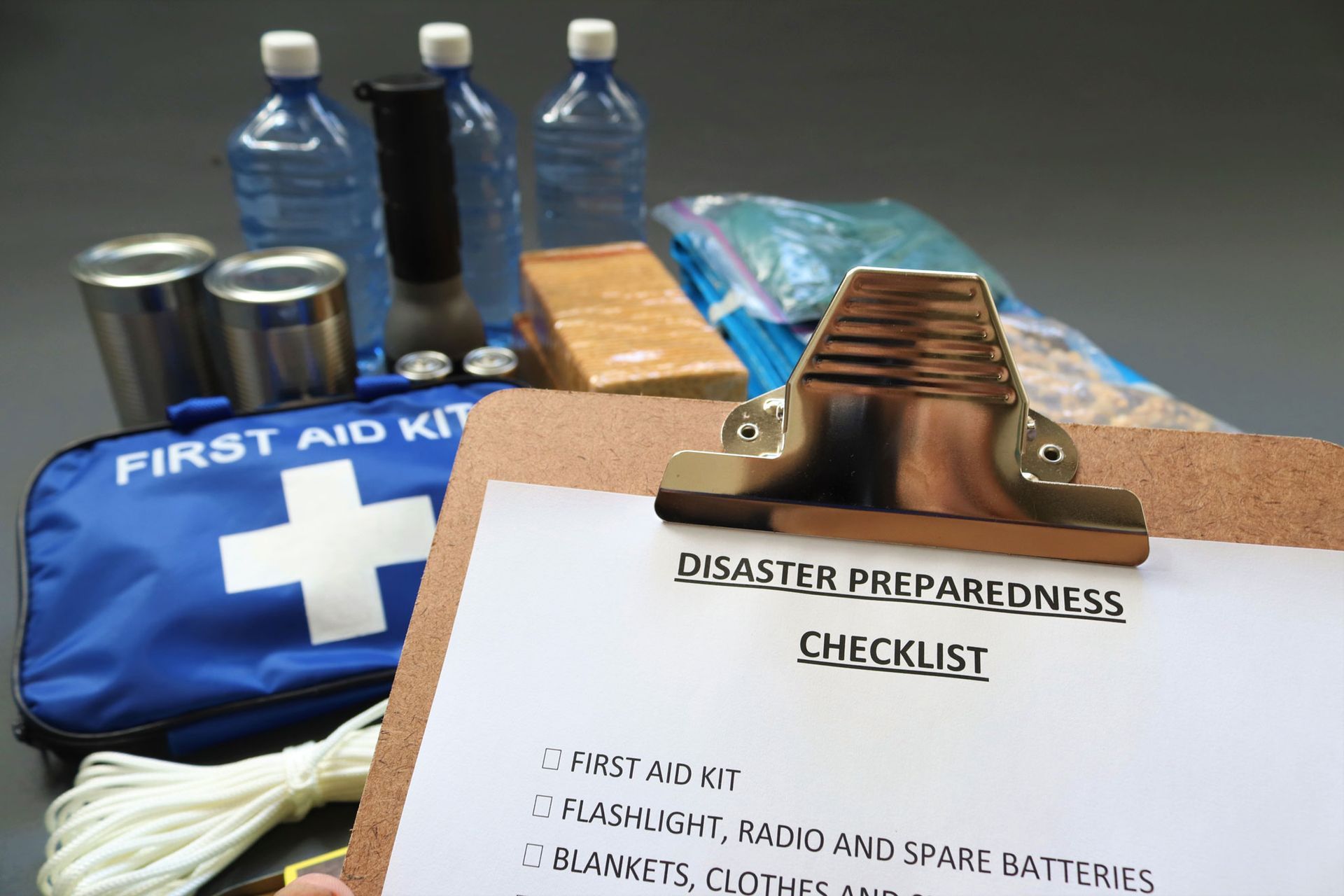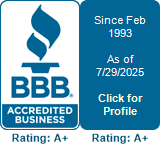Snakes, spiders, MOLD oh my!! Sarah Bradley talks crawl spaces!
In Virginia, rain and humidity can creep their way into your crawl space. If not checked regularly, this can wreak havoc on your home, including the entire structure itself. Here are some key elements to look out for!
1 –Types of damage that can be identified with regular inspections of your crawlspace:
- Unrealized pipe bursts
- Identifying how the landscaping around your home affects your crawl space
- Pools of rainwater that may have unknowingly made its way inside your crawl space
- Frozen pipes
2 –Avoid these issues with regular crawl space inspections:
- Trapped moisture leading to mold growth
- Tainted air from your crawl space going up through your home and having a potentially huge impact on your health
- Water damage that may be starting to damage your homes structure
- Excessive utility bills
- Interior drywall cracks
- Odors due to rot and mold
- Uneven floors
- Allergens
- Pests and termites
- Rotten support beams and foundation
3 –What to look for within your crawl space:
- Puddles – any spots with pooling water
- Obvious mold – might be white, fuzzy or potentially black which would be a red flag to get a professional in immediately
- Pay close attention to the columns under your home or underneath the flooring.
4 –How often do I need to have my crawl space inspected:
- Annually is best
5 –How expensive is having my crawl space professionally inspected:
- Wilton offers free inspections and that should be fairly typical of companies that offer them
6 –What is the process like when scheduling a crawl space inspection with Wilton:
- A mitigation manager facilitates your inspection, which will include moisture readings.
- The mitigation manager will be able to tell you if everything is fine or they may see concerns.
- If there are issues, our team will put together an estimate and get it back to you in a timely manner. We will go over everything with you and answer any questions.
- If you decide to proceed with the recommendations, our team will begin engaging in responses to your issues that may include laying a barrier down, sealing up your walls, installing a dehumidifier and setting up a sump pump.
At Wilton Construction Fire and Water Services, we are here in the event that there is damage to your home or commercial property. Our Emergency Response Team is prepared to provide services such as roof tarping, debris cleanup, tree removal, temporary retaining and structural walls, boarding up exposed and unsecured areas of your home, and coordinating mitigation services. Water damage can be significant and require expert mitigation. When there is flooding in your home, time is of the essence. Immediate recovery assistance is critical for the safety of your family, preventing additional damage and costly repairs.
Wilton’s dedication to your family, excellence in quality and immediate emergency response have set the standard for our competitors for many years and enables us to serve as your premier storm damage restoration and mitigation company of choice!
You might also like
